*This news story is 100% Recycled* It was written for the National Association for Environmental Education journal, but putting it together made me feel good about the work that we do, it’s a little bit long but I thought everyone should have a chance to feel good too!
FSC’s charitable funds support all young people access environmental education opportunities. Supported by membership and donations FSC provides three schemes to support disadvantaged young people to access FSC learning opportunities.
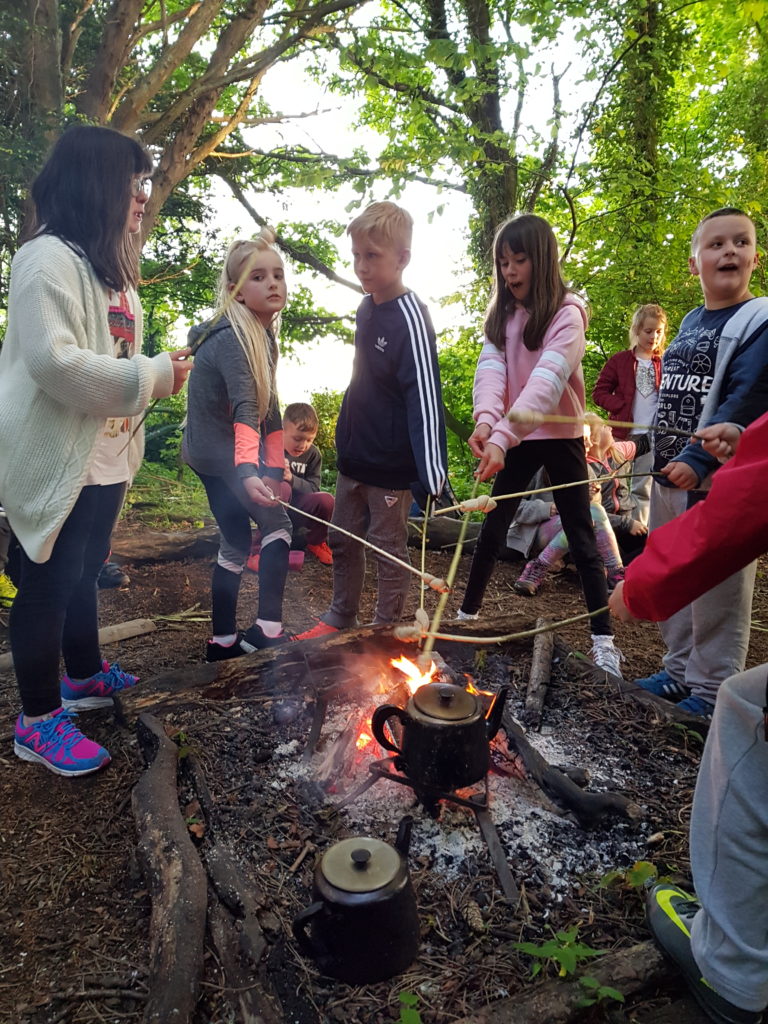
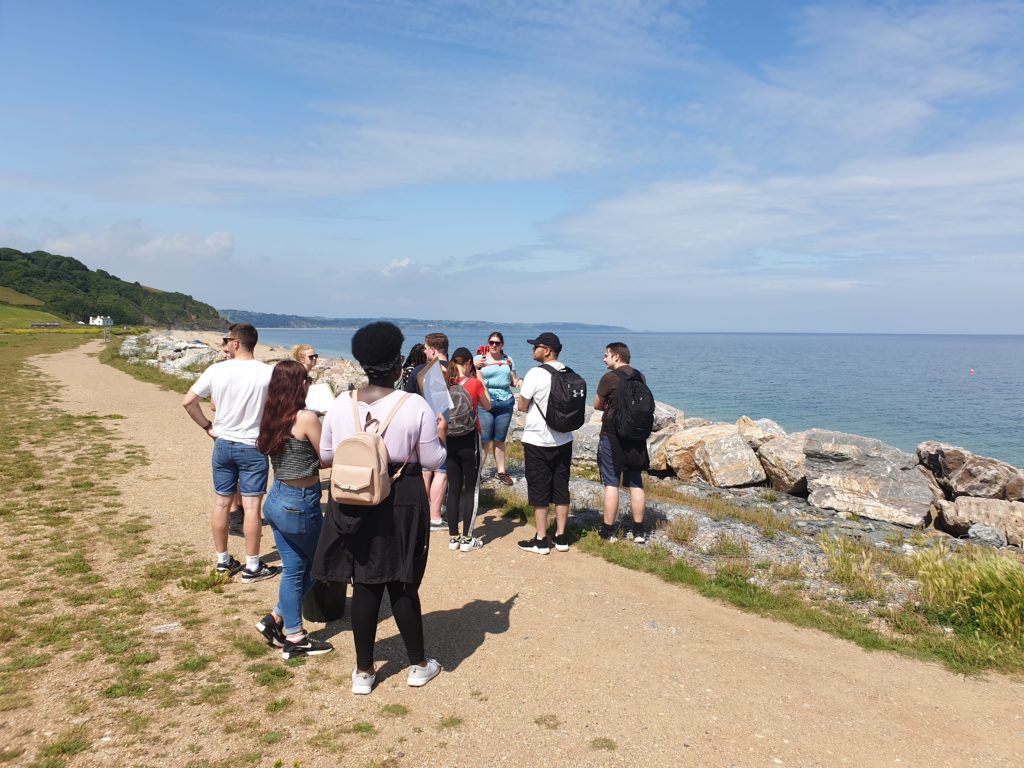
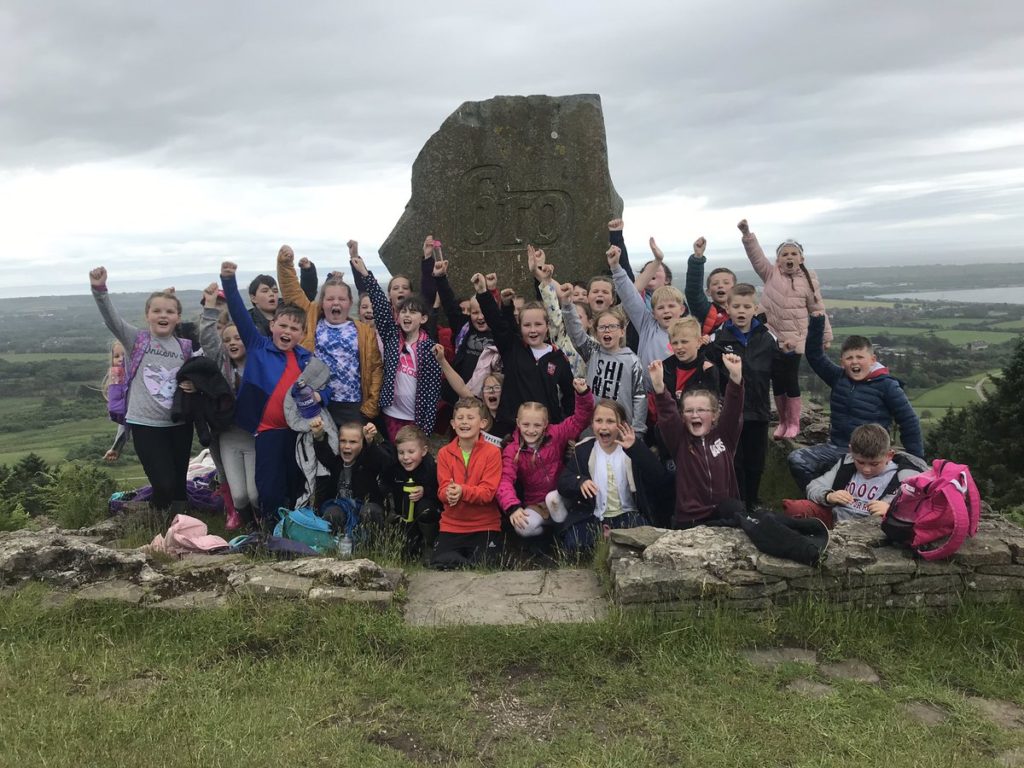
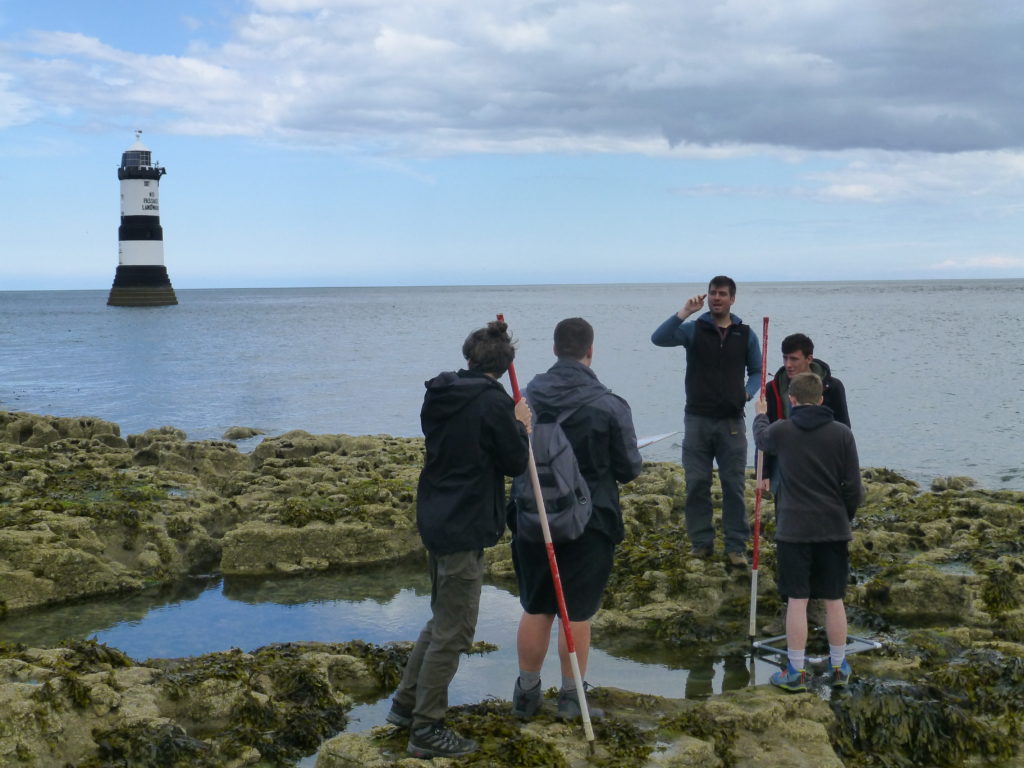
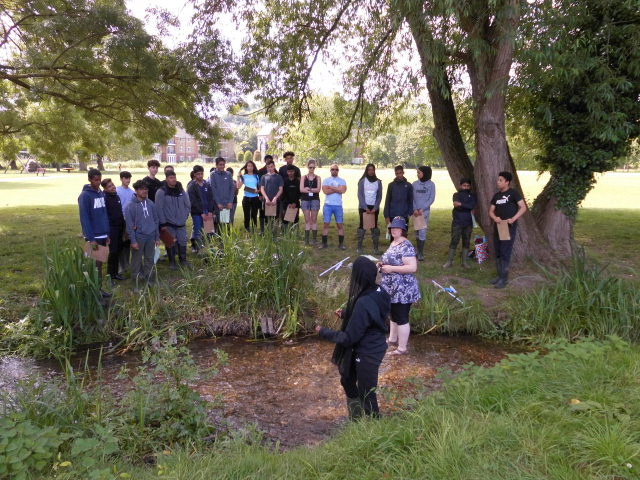
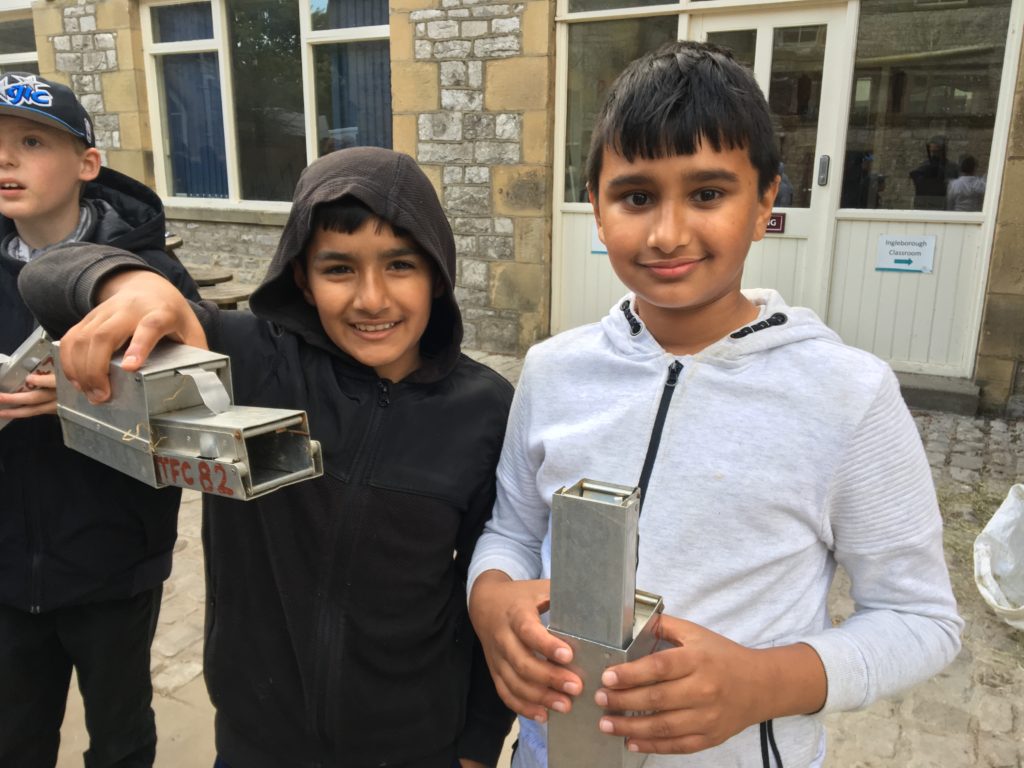
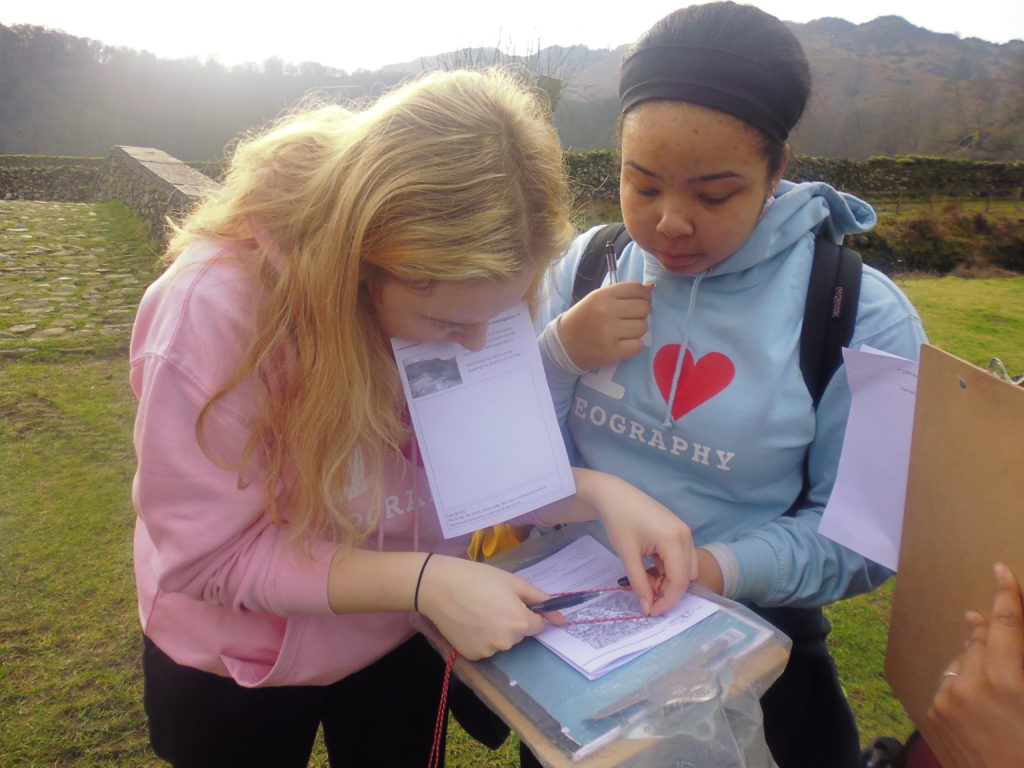
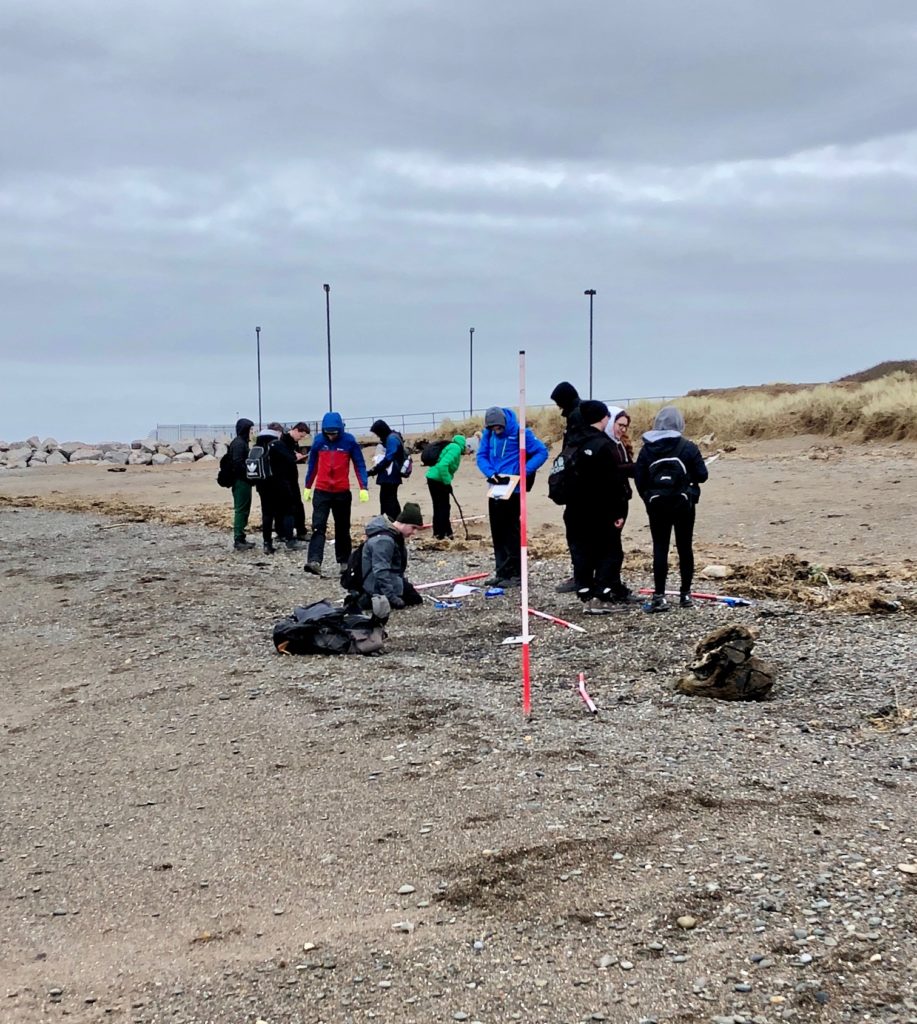
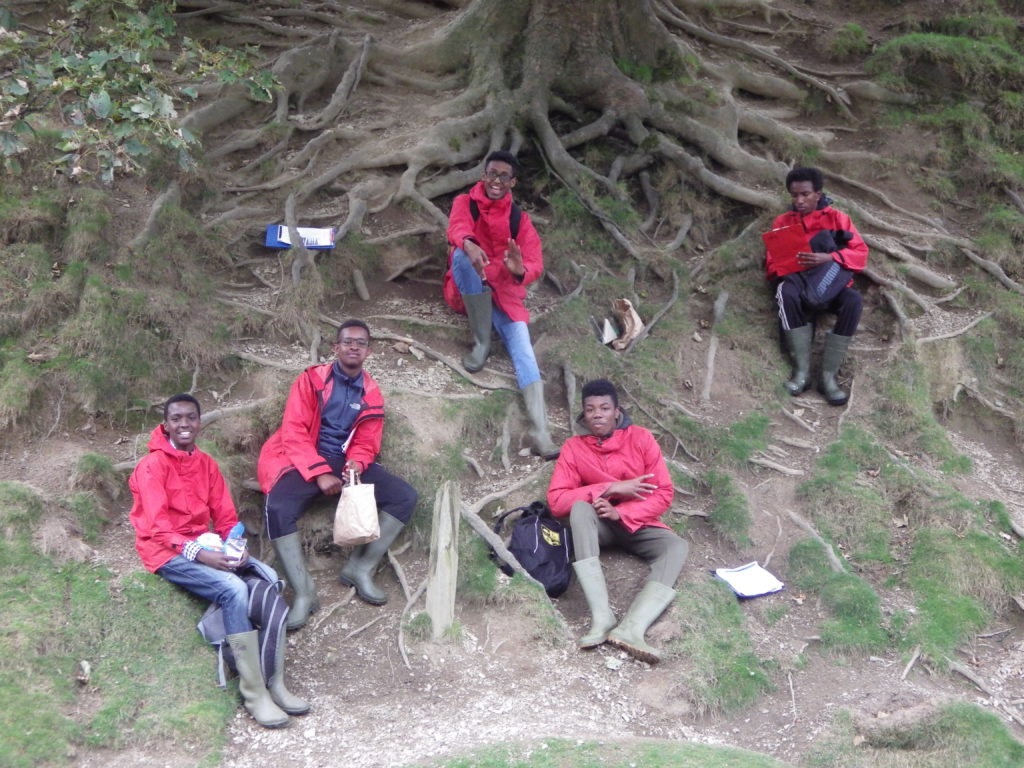
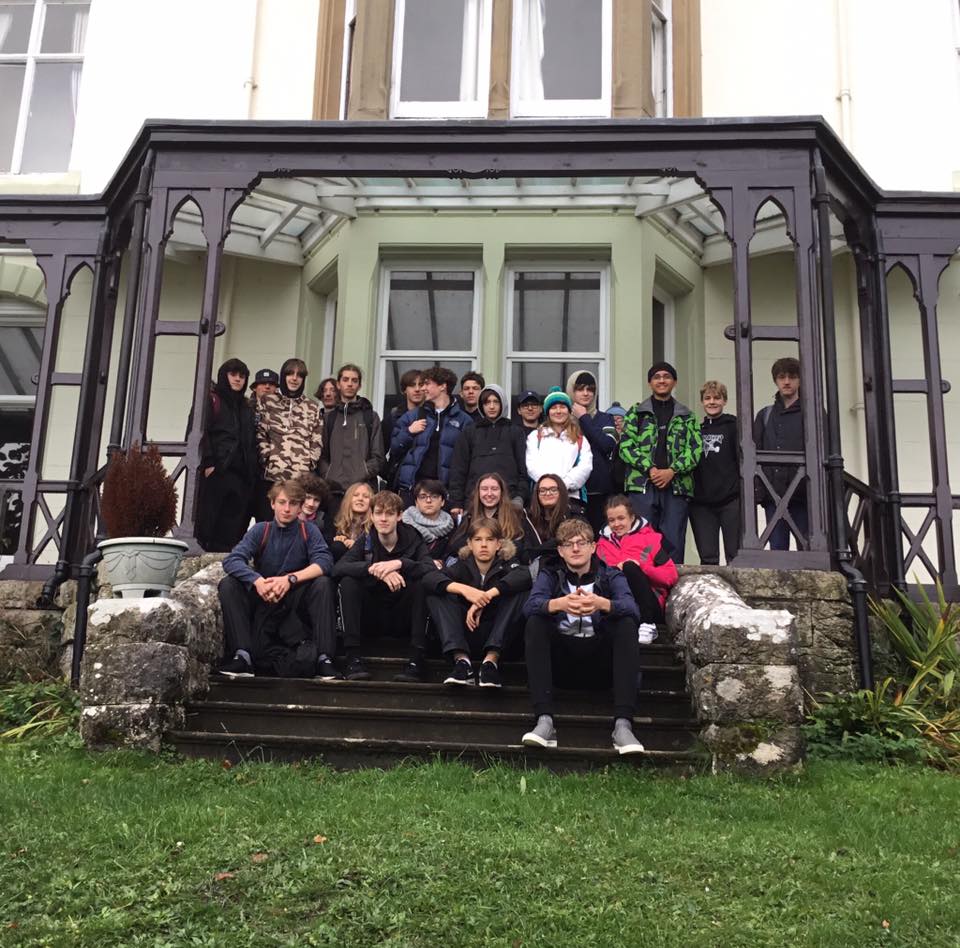
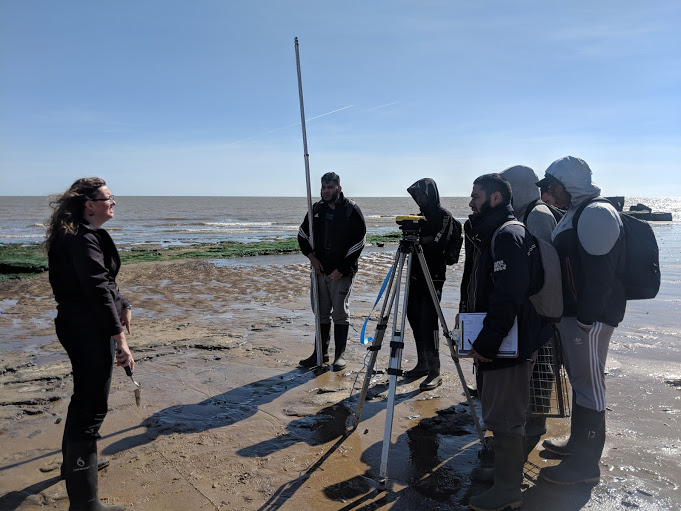
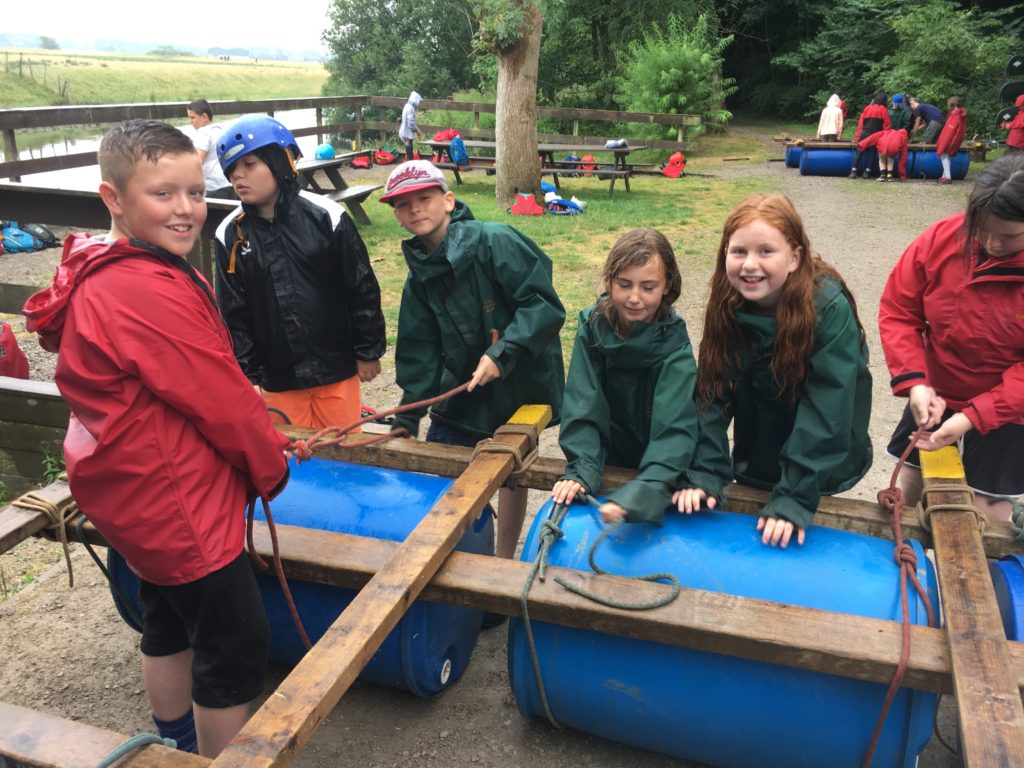
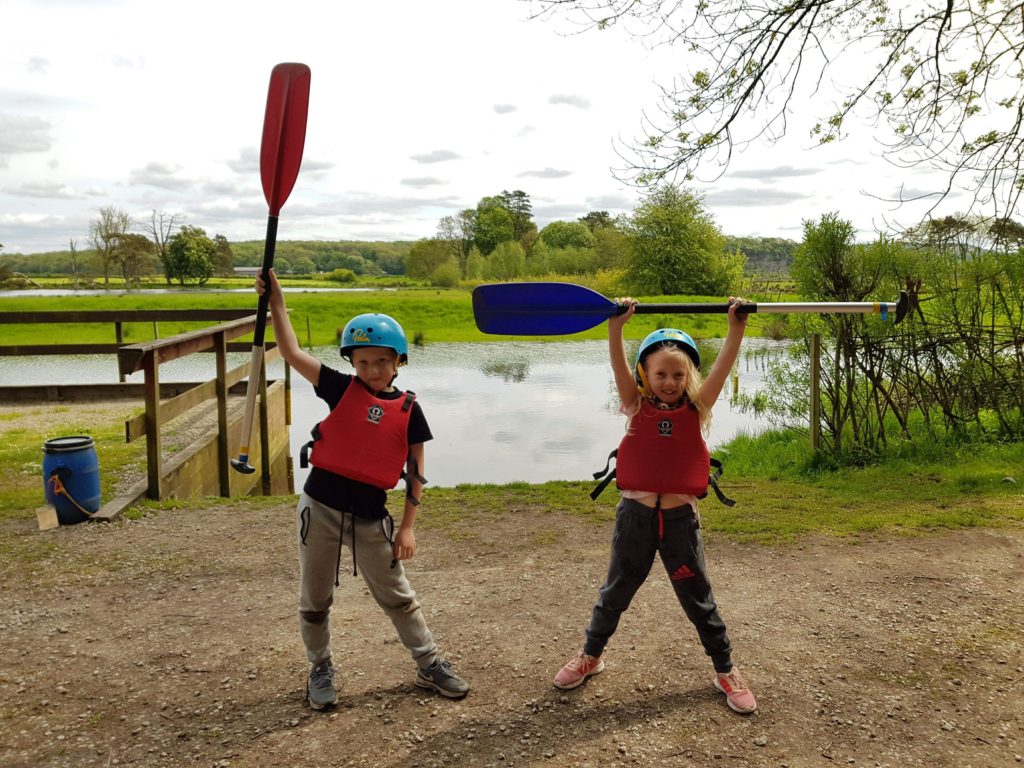
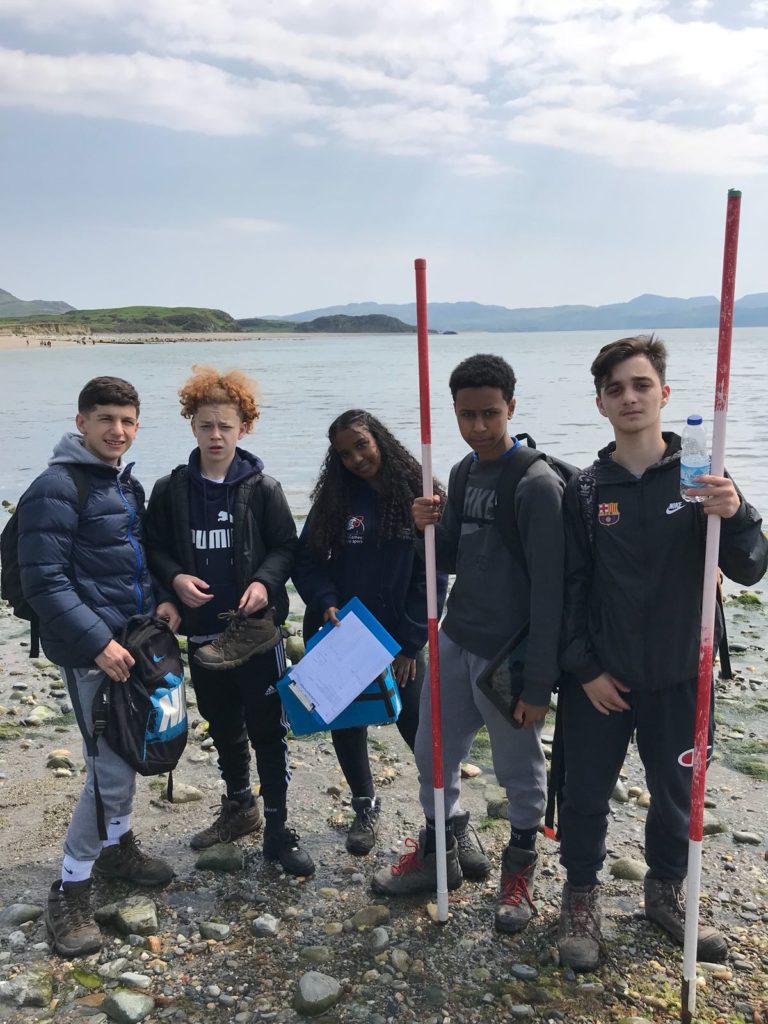

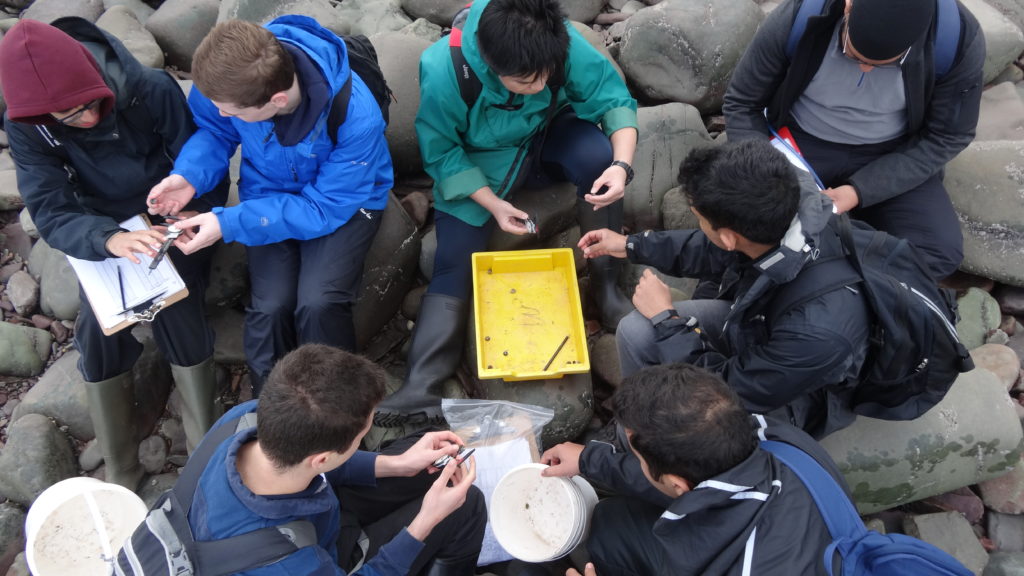
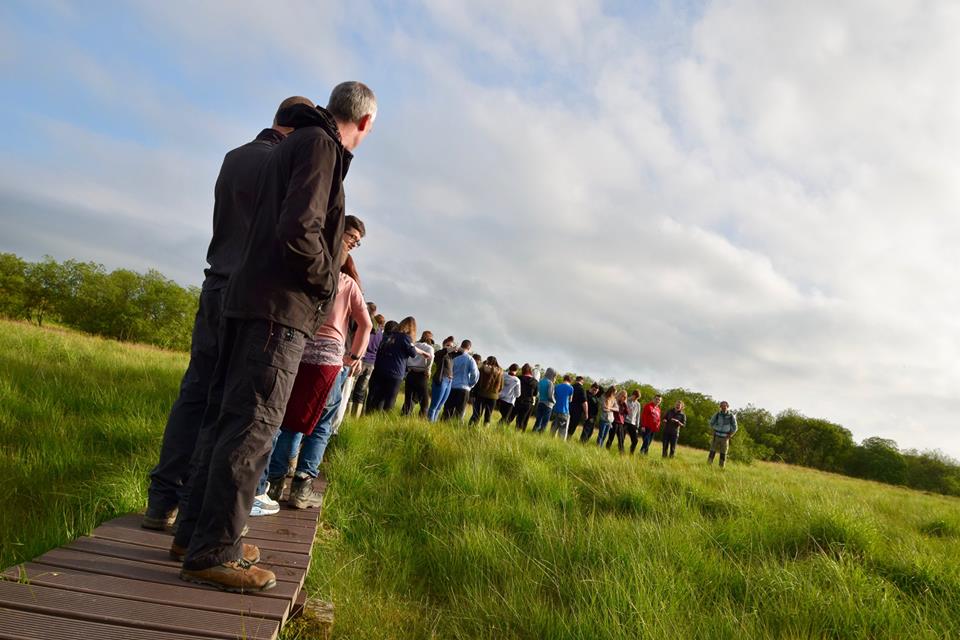
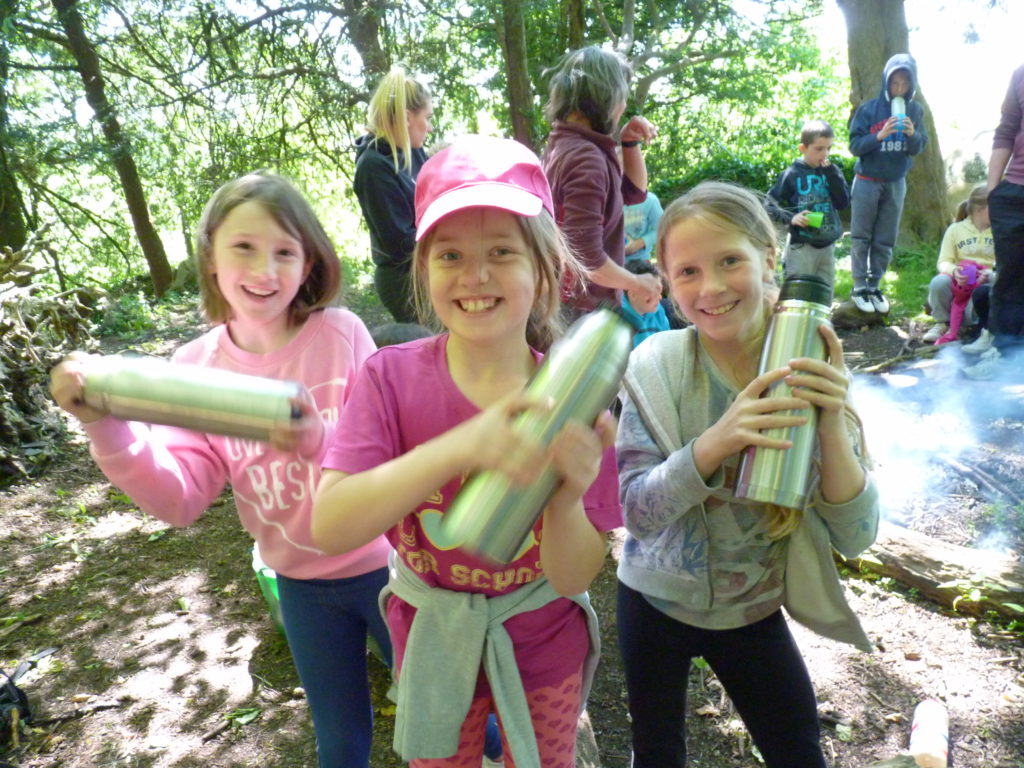
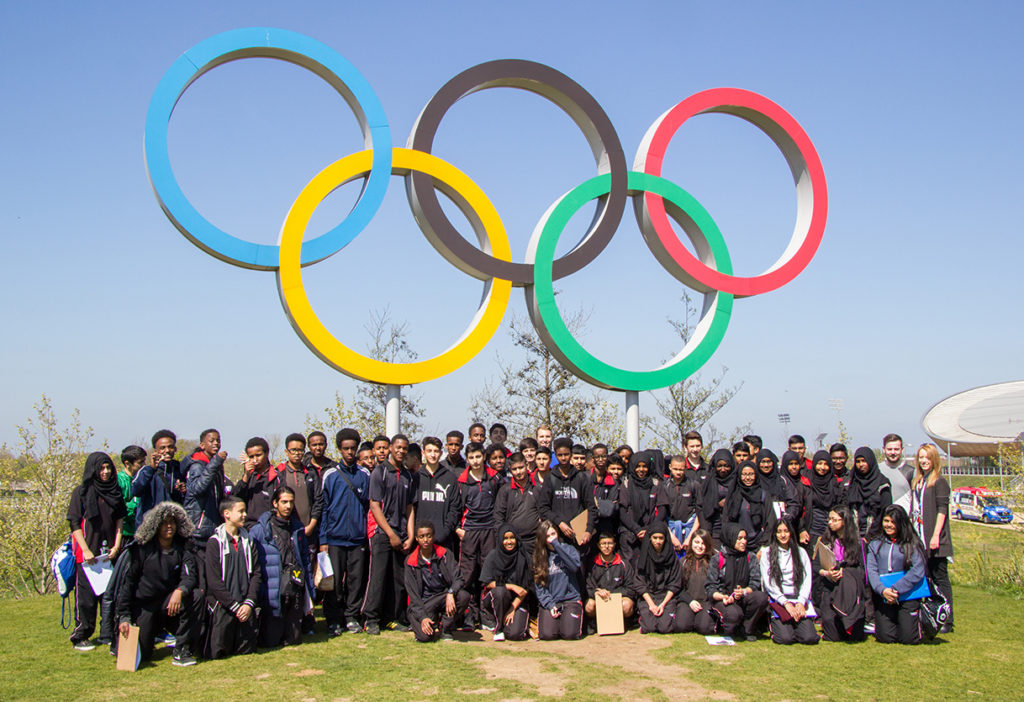
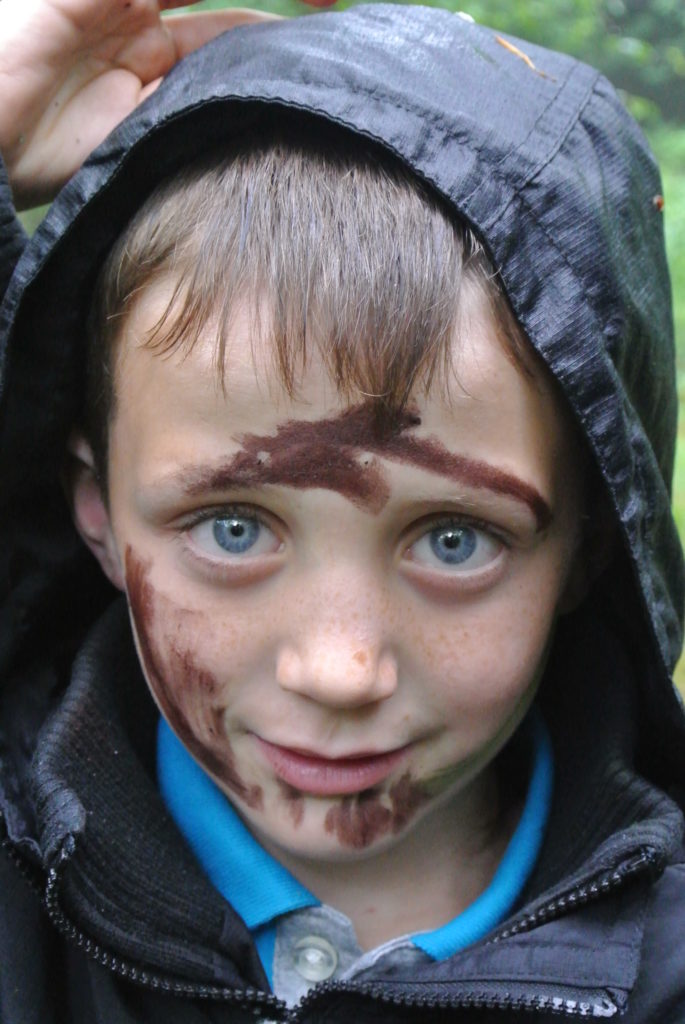
FSC Kids Fund – Set up by FSC Tutors to give disadvantaged groups an opportunity to have an outdoor education experience.
FSC Young Environmentalists Fund – Supports young people in need to attend specific FSC courses to develop environmental skills and understanding at a time when they are making career and life choices.
FSC Bursary Fund – Supports students from the 10% most deprived areas of the UK to attend a FSC curriculum course with the rest of their school class.
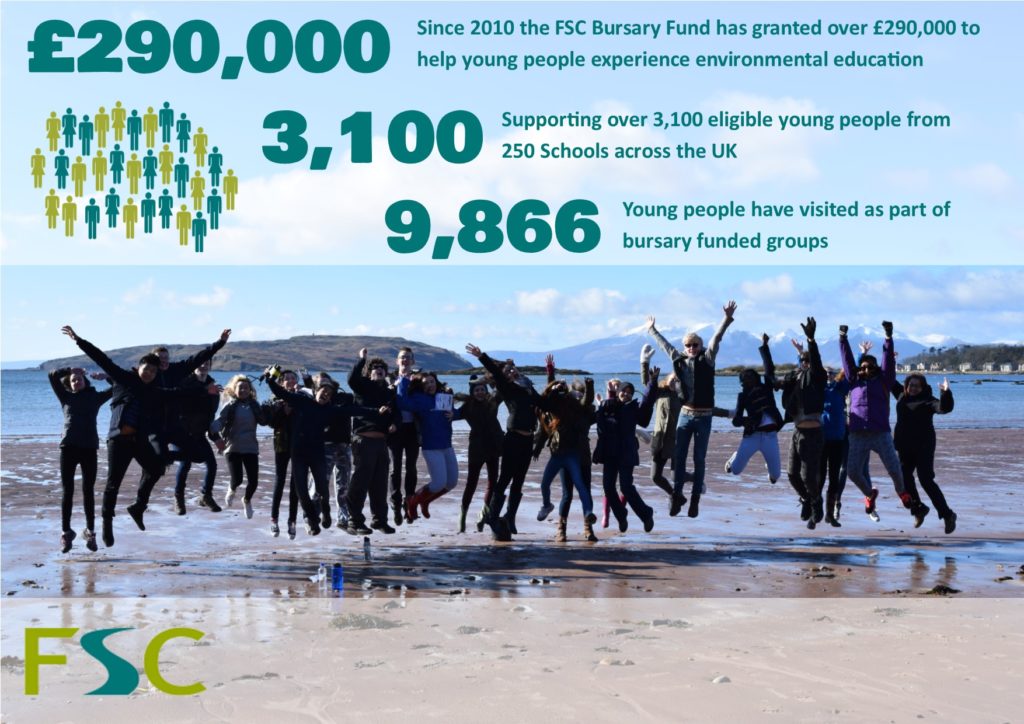
Since 2012 the FSC Bursary Fund has granted over £290,000 to support disadvantaged young people in accessing environmental education courses. The fund has supported over 3,000 individuals; however, many schools tell us that without the support for some students the trip would not go ahead with a part cohort, in total 9,866 young people have experienced environmental education with FSC as part of a bursary funded group.
“The bursary grant was very significant in our decision to attend the FSC! Our intake consists of students living in conditions considered to be the most deprived in the UK. Without the bursary those who received it would not have been able to attend. If we had not been given the bursary the trip couldn’t have gone ahead as we would not have just taken those who could afford to.”
Chelsea Academy, Kensington
GCSE groups are the largest beneficiary of the FSC bursary fund, comprising 48% of the grant amount. The increased requirement for fieldwork in the geography GCSE in the 2016 specifications (to two compulsory occasions in contrasting areas for all GCSE students) has prompted an increase in the number of GCSE Geography groups applying to the fund – since 2016 1,082 GCSE students have received grants from the fund.
Post-visit, teachers of groups benefitting from the fund put together a short report focussing on the benefits of the visit, a study of reports following GCSE Geography visits identified both academic and social benefits;
“I am of no doubt that our excellent results are in no small part to the work that we do over the three-day trip. Students commit to geography when they return to school and show much more passion to the subject in their lessons.”
St Edmunds Catholic Academy, Wolverhampton
“They now speak about geography with more confidence and this is based on an increased knowledge as well as the first-hand experience of the FSC and what it provided us with.”
Whitehaven Academy, Cumbria
“The pupils were given the opportunity to act as a team of geography pupils not just as separate year groups. Social barriers were broken down and it was really rewarding seeing a year 9 pupil sitting with a year 11 pupil at breakfast discussing the day of activities ahead of them.”
Cymer Afan Comprehensive School, Port Talbot
“Possibly the greatest benefit of this residential visit is seeing how the individual students develop their resilience, independence and confidence as the week goes on. Many aspects of the visit are alien to our students at first and seem a little daunting to them, but as the week progressed, they became more self-sufficient and this is incredibly rewarding to witness. There can be no question that our students will leave tomorrow as stronger willed, more independent young ladies and gentlemen thanks entirely to this visit.”
Archbishop Sentamu Academy, Hull
“Most of our pupils have never been into the countryside, so apart from the academic benefit in support of their GCSE Geography exam, it also contributes to their personal and social development.”
Tile Cross Academy, Birmingham
“It is worth highlighting the horizons that were widened for some of the group. This is exemplified thus; two of the girls had only ever stayed overnight at each other’s houses. One had not left Sheffield in a decade as the death of a younger sibling had caused such anxiety to parents that any journeys were a considerable worry. They were so scared of the prospect of driving over Snake Pass (A57 Sheffield to Manchester) that they refused to go right up until the last minute. However, they went and loved the trip. They learnt so much Geography and so much about the outdoors and themselves. Their parent then loved our Tweeted video clip of them demonstrating longshore drift on the beach. It was for them a genuine adventure and new experience.”
Firth Park Academy, Sheffield
“Being outside to learn is always a huge advantage for geography. Some pupils find being in a classroom restrictive but actually doing things helped them to understand relationships a bit more. The over-riding impression I got from my students was that the actual experience of looking at the physical landscape and carrying out the investigations helped them make sense of what they were studying.”
The Hereford Academy, Herefordshire
“Teaching physical geography to inner city kids who have never seen a cow or sheep in the flesh is difficult – coming to an FSC centre helps them visualise and better understand when we return to the classroom.”
Yardleys School, Birmingham
“There is only so much you can teach from a photograph. Their subject knowledge of the coastal topic has increased dramatically, and they enjoyed seeing real life examples. Particularly the wave cut platforms in the photograph included. I overheard a number of ‘wows!’ and ‘that’s amazing!’ ”
Cymer Afan Comprehensive School, Port Talbot
Teachers and students are able to interact in a different setting, building relationships with students that help them back at school. For teachers new to the profession or those teaching outside of their subject specialism the FSC visit provides an opportunity for teachers to develop their own knowledge and skills.
“It’s so nice to be able to sit back and let someone else lead the teaching, it allows us to get on and help students with their learning/understanding. It allows us time to see the students outside the classroom environment and realise a bigger picture of them, what they struggle with, how they react to situations, what their resilience is like and so on. That bigger picture is invaluable to developing the relationships needed to encourage students to develop and progress and it’s only with the FSC you can have the confidence to sit back and know the content/teaching/leading is good enough to let that happen.”
Bluecoat Beechdale Academy, Nottingham
“For an NQT, watching the careful execution and organisation of the trip was a fantastic demonstration of how productively time outside of the classroom can be used.”
Firth Park Academy, Sheffield
“Observing other teachers is always useful as it introduces different approaches, techniques and strategies to use in the classroom. The FSC experience supported me in identifying the most effective and appropriate ways to teach the fieldwork upon returning to school.”
Colton Hills Community School, Wolverhampton
“As a non-specialist there were times when I was learning something new with my students, being able to physically see the geomorphic processes that take place and the landforms they create consolidates my own knowledge and understanding.”
The Albion Academy, Salford
FSC funds are supported by membership and charitable donations, to find out more contact FSC’s Grants Officer Jennie Comerford [email protected]
Love this good news stuff – THANKS